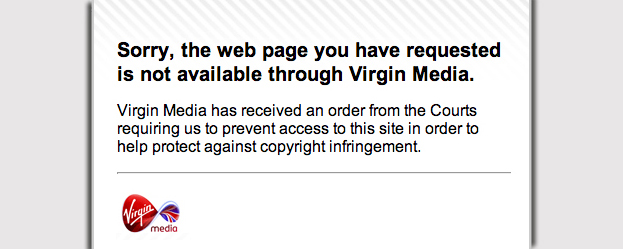This website uses cookies so that we can provide you with the best user experience possible. Cookie information is stored in your browser and performs functions such as recognising you when you return to our website and helping our team to understand which sections of the website you find most interesting and useful.
Business News Digital Legal
Russian rights group proposes banning all talk of circumventing web-blocks
By Chris Cooke | Published on Tuesday 22 March 2016

While Russian courts and copyright laws haven’t always been too helpful to the music industry – see the bulging file marked “vKontakte” – some reforms to the copyright regime in the country have pandered to the interests of rights owners, and some new proposals on the table would introduce anti-piracy rules more draconian than in the West.
The process of web-blocking is currently being reviewed by Russian lawmakers, with rights owners seeking legislative changes that would help overcome some of the weaknesses of what has become a preferred anti-piracy tactic in a number of countries.
Web-blocking, of course, is where a court orders an internet service provider to stop its customers from accessing a copyright infringing website. A key weakness of the system is that it’s pretty easy to circumvent the blockades, with a mere Google search often helping users to access blocked sites.
One of the proposals put forward by the Russian music industry is that web-block injunctions should have enough flexibility so that when site X is blocked, and someone immediately sets up proxy Y to help users circumvent the blockade, the original injunction should immediately apply to proxy Y too, without the need for new legal action by rights owners. Such flexibility is already available in some other jurisdictions.
However, the book industry repping AZAPO – last seen trying to get a web-block injunction against the aforementioned vKontakte – has a more radical proposal: outlawing web pages that explain to users the various techniques that can be employed to get round a blockade. And, according to Torrentfreak, a paper from AZAPO proposing such a move has been approved by Russia’s media and telecoms regulator Rozkomnadzor.
The proposal isn’t entirely new, in that rights owners have, in the past, attempted to use copyright law to target those who overtly educate others in how to infringe copyright. In a famous Australian case in early 1980s, a publisher was unsuccessfully sued by the record industry over an article on home taping. Meanwhile, more recently, record labels prevailed in a French case over a magazine that had published a guide to file-sharing techniques.
Though AZAPO’s proposals would seemingly go much further than that, with anyone publishing information on how to circumvent a web-block – including on a message board – risking a fine for doing so. Which, of course, would constitute intellectual property rights very much infringing of free speech rights, which is always a tricky area. Even in Russia.
There is also the issue of how any such ban would be policed. Who would do the fining and how do you overcome jurisdiction issues? Russia’s internet industry will definitely oppose the proposals, with such logistical questions no doubt at the heart of their argument.
So it remains to be seen if the proposals from AZAPO – which is certainly becoming one of the more radical bodies representing rights owners – actually make their way into legislative plans in the Russian parliament.





